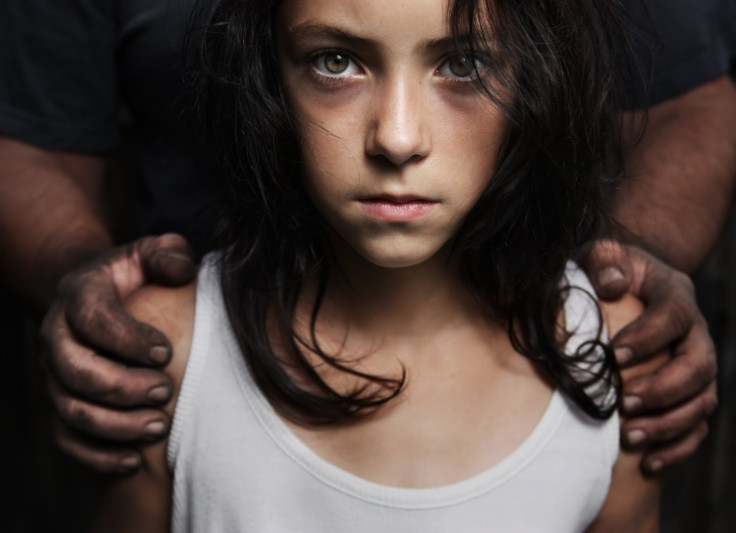Government Fails To Protect Children From Abuse; Nonprofit Report Calls For State Fines To Keep Kids Safe

Child abuse is a deplorable crime, and a revealing body of research has found it's also one of the most neglected by America’s own government system. Researchers from Children's Advocacy Institute at the University of San Diego School of Law collaborated with the nonprofit group First Star and published a three-year study on the U.S. government’s failure to protect children. The 110-page report, titled “Shame on U.S.” points a finger at all three federal government branches for failing to protect the 1,650 children who die every year due to neglect and abuse.
"Almost everything that happens to these children is cloaked in endemic secrecy, and most efforts by the media and advocates to provide the public with much needed transparency — which leads to accountability — are thwarted by the very governmental entities and officials who have turned their backs on their official duties to children," the authors wrote in the report. "Federal courts have turned their backs on private attempts to enforce federal child welfare law and Congress has shown little interest in advancing the law itself.”
Will Incentivized Solutions Work?
In order to reinstate the country’s own system of checks and balances outside of the government, the report provided financially reprimanding consequences. The groups recommended Congress mandate the Department of Health and Human Service to issue fines every time the state fails to follow federal regulations.
Economists have often touted that incentives work because they’re based on the basic law of human behavior. The higher the incentives, the more effort put forth, which eventually equates to a higher level of performance. It would seem like a logical and gradual progression to reinstate justice back into a system that has let the safety of children slip through the cracks of government. But monetary incentives have two different kinds of effects, according to a study published in 2011 by three forward-thinking economists: a standard direct price effect and an indirect psychological effect.
If states must pay when they fall out of compliance, they may be motivated to stay within the guidelines stated by Congress. But it depends how strapped that particular state is for money and how the political climate is for that state. If the mindset of their leaders says we don’t like government regulation, then they may risk adhering to particular parameters. It’s about weighing the intrinsic value a state has on child abuse and the extrinsic value. Intrinsically, does the state feel child abuse is a terrible too-frequent occurrence, or are they extrinsically motivated by the fear of financial punishment?
"When something goes wrong, usually you hear that the state child welfare agency is a wreck or that the governor is stepping in to fire someone," Emily Douglas, a child welfare expert at Bridgewater State University in Bridgewater, Mass., told The Associated Press. "But increasingly judges are going to be on the radar about the important role that they play in determining these kids' safety. Judges are not trained social workers, so are we sure they always know the risk factors when deciding children should be sent back home?"
Judges may not be intrinsically motivated enough to adhere to certain regulations, yet they may be extrinsically motivated to avoid a monetary slap on the hand. Children, who often fall victim to the household’s adults, cannot defend themselves on a judiciary or personal level. How far must the governmental neglect go before the public realizes silence is a crime of betrayal that lays the foundation for failure to actively try to solve this life-threatening problem in America?
“This report is about how all three branches of government have fallen asleep at the wheel and failed to do their jobs in terms of protecting children,” Amy Harfeld, Child Advocacy Institute’s director of national policy, told The Washington Post. "Our laws are weak. We don't invest in solutions. Federal laws aren't enforced. And courts are turning their backs. This creates a trifecta of inertia and neglect," she told the AP.



























